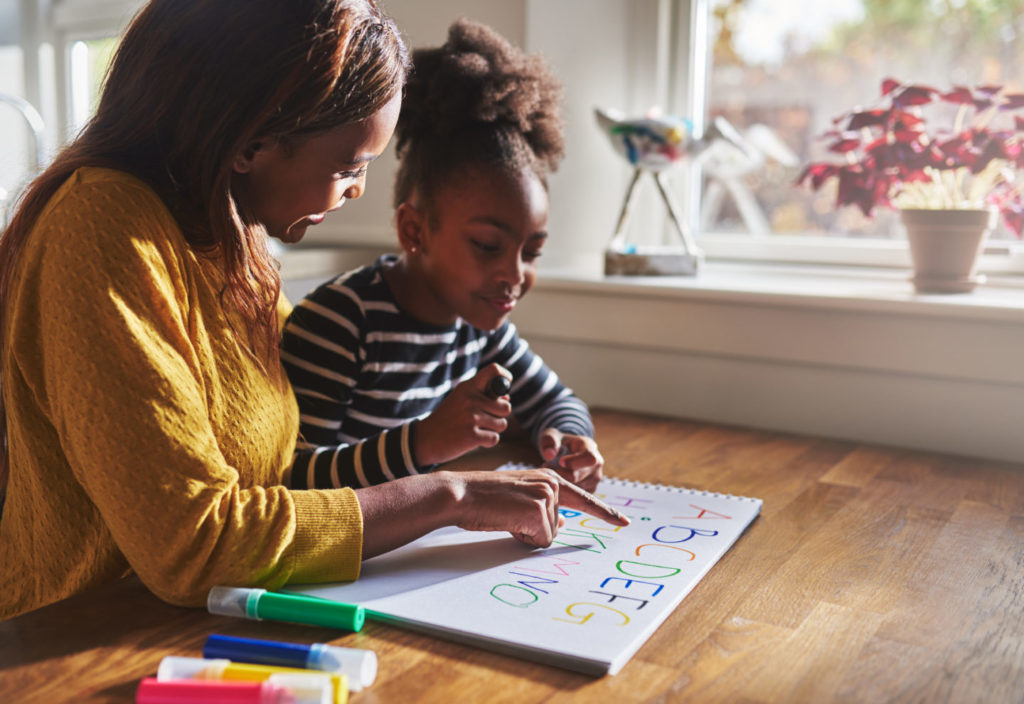Poll: 86% of black single mothers support candidates who favor school choice
A new survey of black single mothers finds overwhelming support for school choice and other education alternatives.
In the poll by The Current Project, a nonprofit supporting black single…

A new survey of black single mothers finds overwhelming support for school choice and other education alternatives.
In the poll by The Current Project, a nonprofit supporting black single mothers, of the 500 respondents most were low-income, with 66% reporting they were barely able or unable to cover basic living expenses.
The majority of mothers (62%) also said they were somewhat, very, or extremely concerned with their child’s academic progress.
And a whopping 86% said they would be more likely to vote for a pro-school choice candidate offering parents more educational options. This, despite the fact that the respondents’ children primarily attend traditional public schools.
“Being able to make informed, resourced decisions about where we send our children to school can serve as an interrupter of generational social and economic pitfalls,” said Alisha Gordon, founder and executive director of The Current Project. “Our children deserve a high-quality education in a public school and we’re going to hold elected leaders and political candidates accountable to fill this unmet need.”
When the survey asked mothers to rank different school models in order of preference, two-thirds put charter schools in the first or second slot. Private and faith-based schools came in second with 56%. Traditional public schools were preferred by only 50% of mothers.
The new data confirms countless other surveys that have found most Americans to be in favor of expanded school choice. Some research even suggests support is stronger among minorities. Such support is reflected in the growth of charter schools driven by African American and Hispanic students.
In fact, the foremost advocate for modern school choice was Polly Williams, a black Democrat in the Wisconsin Legislature from 1981-2011. Williams was criticized in the 1990s for siding with white conservatives on what was perceived to be a racial issue. But that didn’t faze her.
“The fact that the conservatives all support this, it doesn’t bother me one bit,” she said according to the Los Angeles Times. “I think it’s time that black people begin to look out for ourselves.”
Opponents, both then and now, have claimed school choice will harm public schools, but again, Williams didn’t care.
“If the (public) schools can’t do any better than they’re doing now, then we don’t need them,” she proclaimed.



